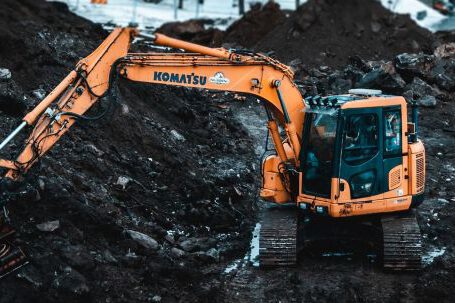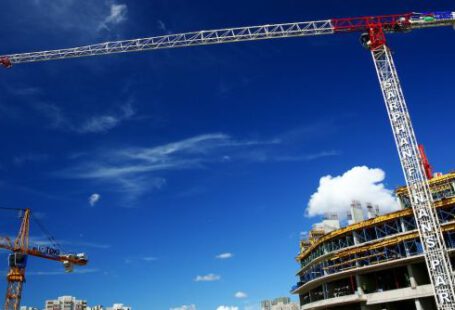The construction industry has made great strides in promoting sustainable practices, and the use of excavators is no exception. As the demand for eco-friendly construction equipment rises, so does the need to understand the effects that excavators have on the environment. In this article, we will explore the sustainability of excavators and how they can be used to reduce the environmental impact of construction projects.
Impact on the Environment
The environmental impact of excavators can be divided into two categories: direct and indirect. Direct impacts include the consumption of fuel, emissions of pollutants, noise pollution, and the displacement of soil and vegetation. Indirect impacts include the use of resources, such as water and electricity, and the long-term effects of soil erosion.
The amount of fuel consumed by excavators depends on the size of the machine and the type of work being performed. Generally speaking, smaller excavators consume less fuel than larger ones. Additionally, the use of diesel-powered machines produces more emissions than those powered by electric or hybrid engines.
The noise created by excavators can be quite loud and can disturb nearby wildlife and disrupt nearby communities. This is especially true in urban areas, where noise levels can be especially high. Additionally, the excavation of soil and vegetation can reduce soil fertility and disrupt the natural habitats of local species.
Eco-friendly Solutions
Fortunately, there are a number of ways to reduce the environmental impact of excavators. The use of electric or hybrid engines can significantly reduce emissions and noise pollution. Additionally, operators can minimize the amount of soil and vegetation that is displaced by carefully planning the excavation process.
Excavators can also be made more efficient by investing in technologies such as GPS tracking, which can help operators to better map the excavation area and reduce the amount of soil and vegetation that is displaced. Similarly, the use of robotic excavators can reduce human labor and improve safety, as well as reduce fuel consumption.
The Benefits of Sustainable Excavation
Using sustainable excavators can benefit both the environment and the construction industry. By reducing emissions, noise pollution, and the displacement of soil and vegetation, sustainable excavation can help to protect the environment and reduce the long-term effects of climate change.
Additionally, sustainable excavation can help to reduce costs for construction projects. By using less fuel and fewer resources, construction companies can save money on fuel costs and reduce the amount of waste that is produced. This can make projects more profitable and increase the efficiency of construction projects.
Conclusion
The use of sustainable excavators is essential for reducing the environmental impact of construction projects. By investing in eco-friendly solutions, such as electric or hybrid engines, GPS tracking, and robotic excavators, construction companies can reduce emissions, noise pollution, and the displacement of soil and vegetation. In addition, sustainable excavation can help to reduce costs and increase the efficiency of construction projects.






